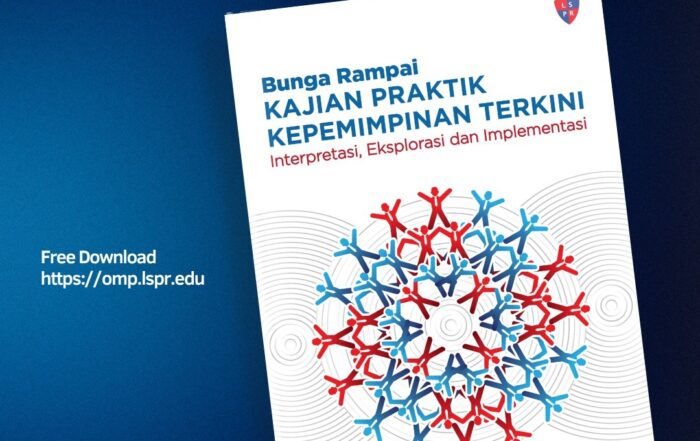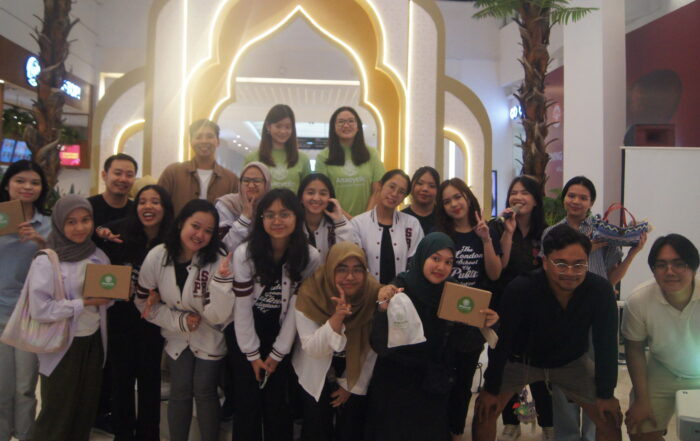

Jakarta – On May 7th 2021, LSPR Research Centre held the 2nd Webinar Series on COVID-19 with the topic “Fear Management and Crisis Communication in Dealing with COVID-19.” This webinar had three speakers: Mr. Troy Pantouw, SPsi, MA, FPR—Head of Public Communications at Special Task Force of Covid-19 in Indonesia; Rudi Sukandar, Ph.D.—Director of LSPR Centre for Research, Publication, and Community Service & Lecturer of LSPR Communication and Business Institute; and dr. Syafiq Basri Assegaff, MA, CBM, IAPR—Senior Lecturer of LSPR Communication and Business Institute and Health Communication Observer. The webinar was moderated by Ms. Gracia Paramitha, M.Si, Ph.D Cand.—Deputy Head of Undergraduate Programme in International Relations Communication Studies of LSPR Communication and Business Institute.

Ms. Gracia Paramitha as moderator with dr. Syafiq Basri Assegaff and Mr. Rudi Sukandar as speakers
In his presentation Mr. Pantouw stated that in the context of communication containing facts, accurate data perceptions should be formed by the public regarding Corona Virus Diseases. However, most hoax news has caused a communication crisis as the hoaxes mostly contained fear, uncertainty, and doubt (FUD). Next, the context of public communication refers to Risk Communication through the exchange of information, suggestions, opinion in real-time, and conveying news transparently about the COVID-19 pandemic. The objective is to change people’s mind sets and behaviour so that they could protect themselves from the dangers of COVID-19. The next speaker, Dr. Sukandar discussed the use of fear in dealing with COVID-19. According to Dr. Sukandar, fear, uncertainty, and doubt (FUD) are common techniques in persuading people. Further, he also mentioned about fear and drive reduction utilized through the pleasure-pain principle, in which people are attracted to rewarding situations and seek to eliminate uncomfortable conditions. He also mentioned about the importance of efficacy (the perception that the threat can be handled) in using fear to persuade the audience.

Dr. Assegaf explained about fear messages
Finally, dr. Syafiq B. Assegaff explained messages and change behavior, as well as ways to handle crisis in Pandemic COVID-19. Relevant to his article in The Jakarta Post on 24 February 2021 , in the source link: https://www.thejakartapost.com/academia/2021/02/23/the-bigger-threat-the-better-in-pandemic.html (which became the basic for this webinar), dr. Assegaff maintained that fear management in terms of communication for messages and change public behavior (health communication) is paramount to manage messages effectively in the time of pandemic crisis. He described several theories related to persuasion, such as narrative theory, entertainment education, extended parallel process model (EPPM), and inoculation theory. Extended parallel process model (EPPM) is to create how people will respond to messages and risk. Perception and trust which are the proposed action will work (in response to efficacy) and that they can enact the proposed action (self-efficacy). In his presentation, dr. Assegaff emphasized the importance of fear control and danger control.

Photo session with participants











